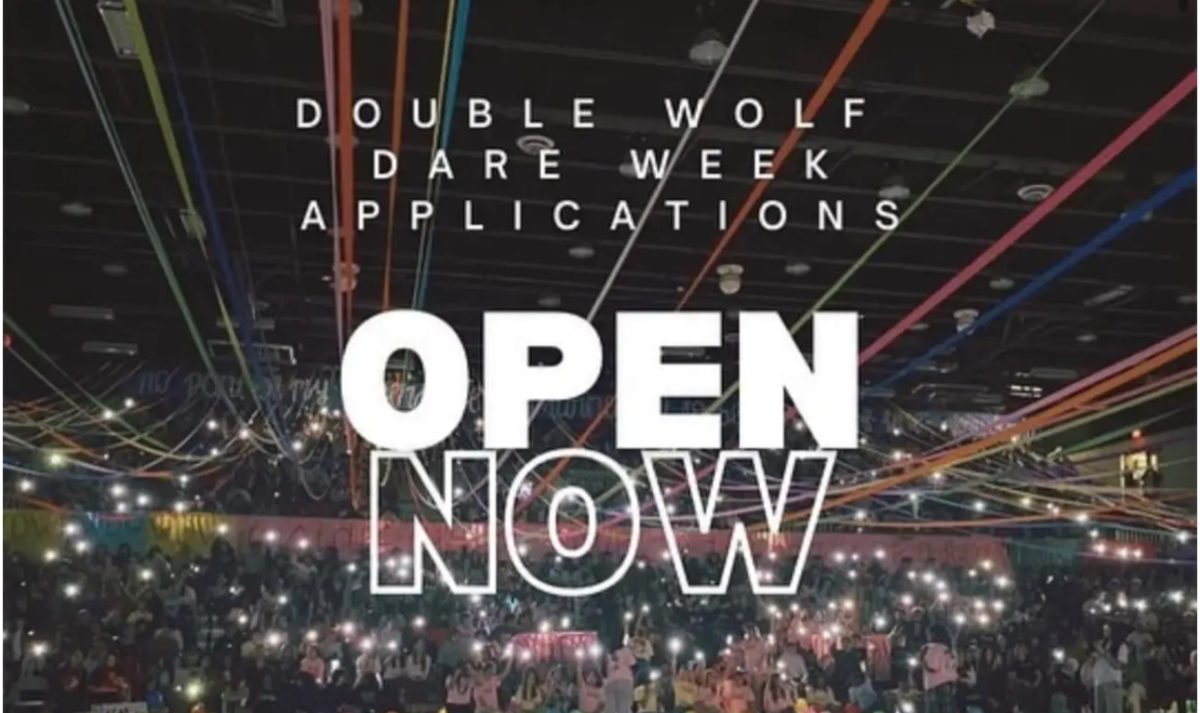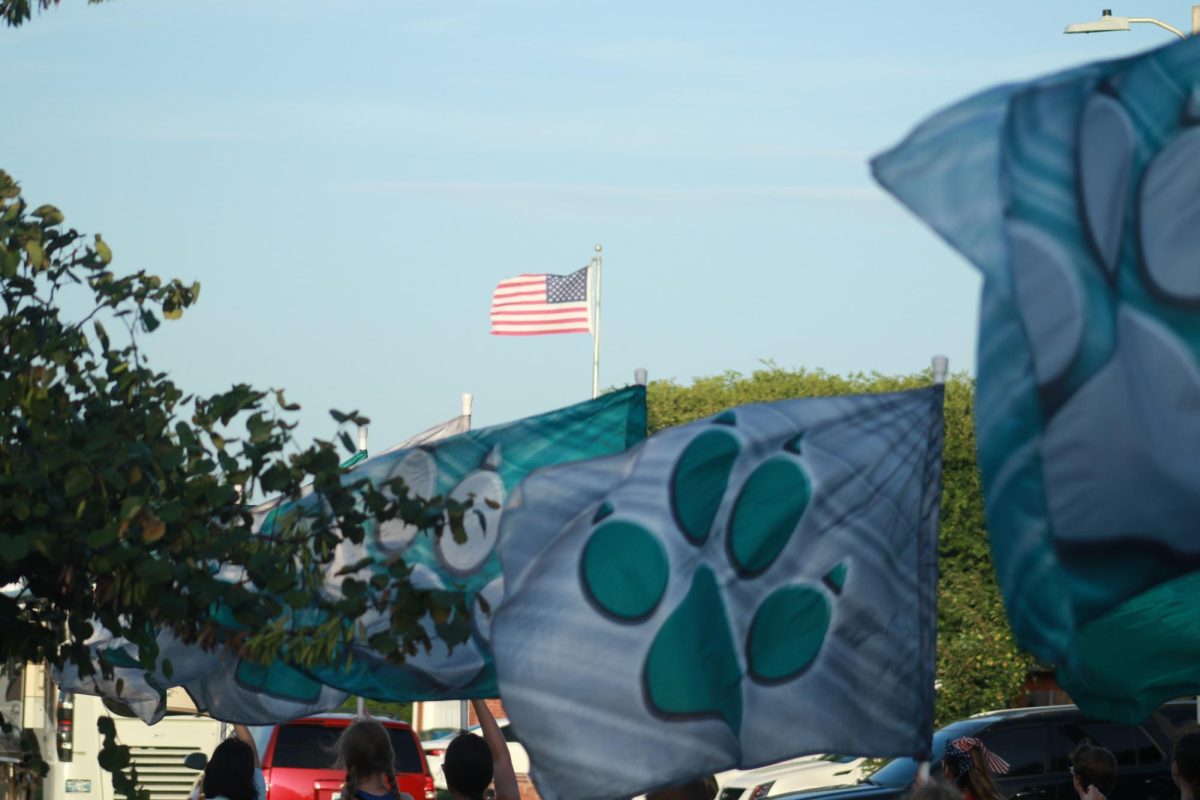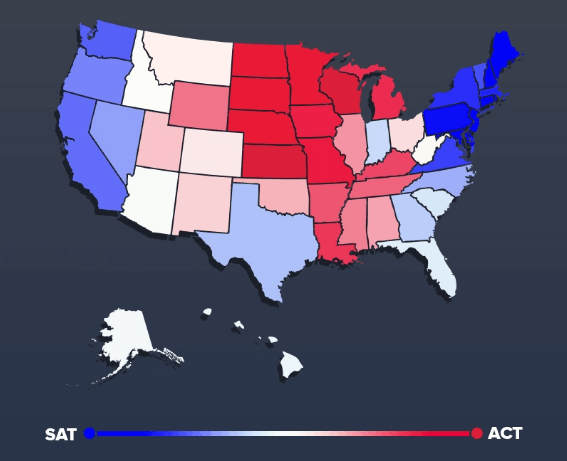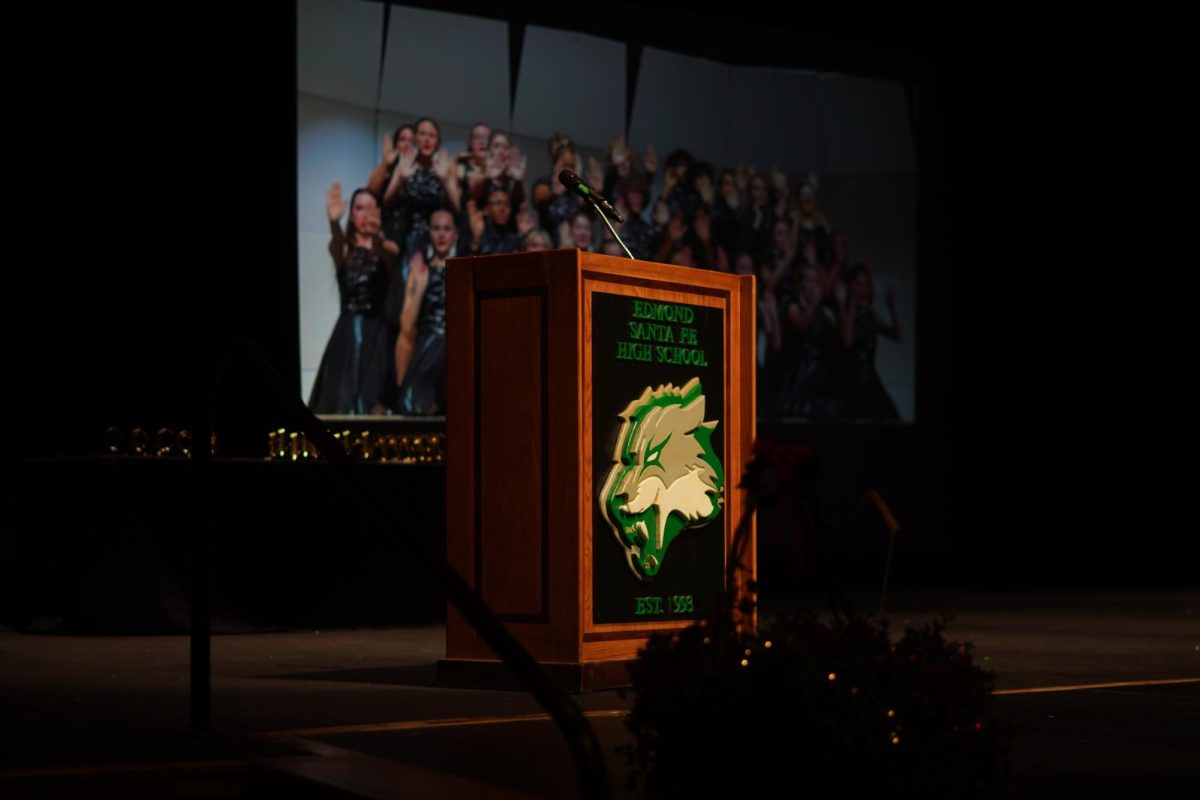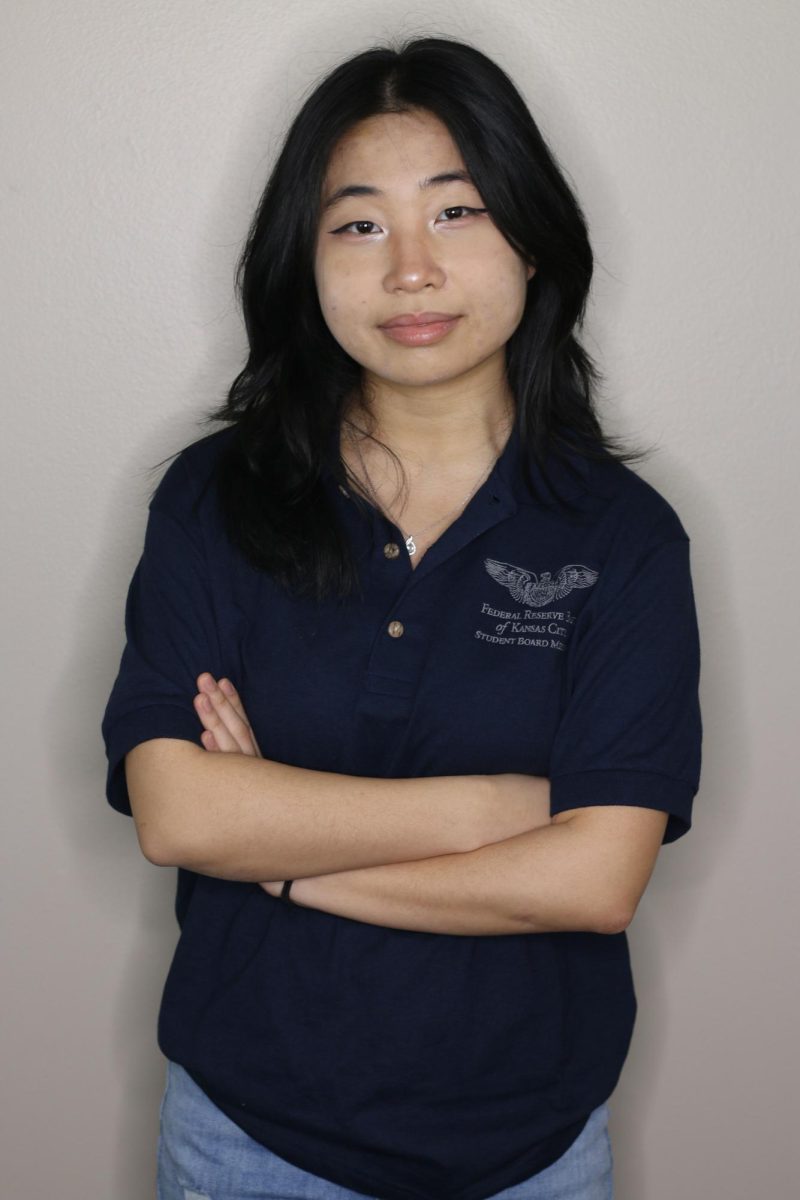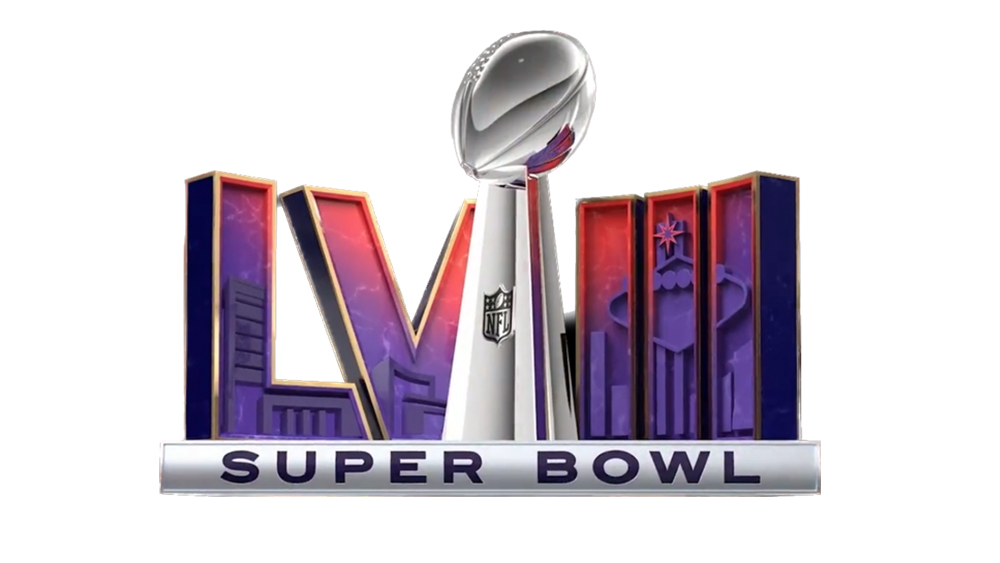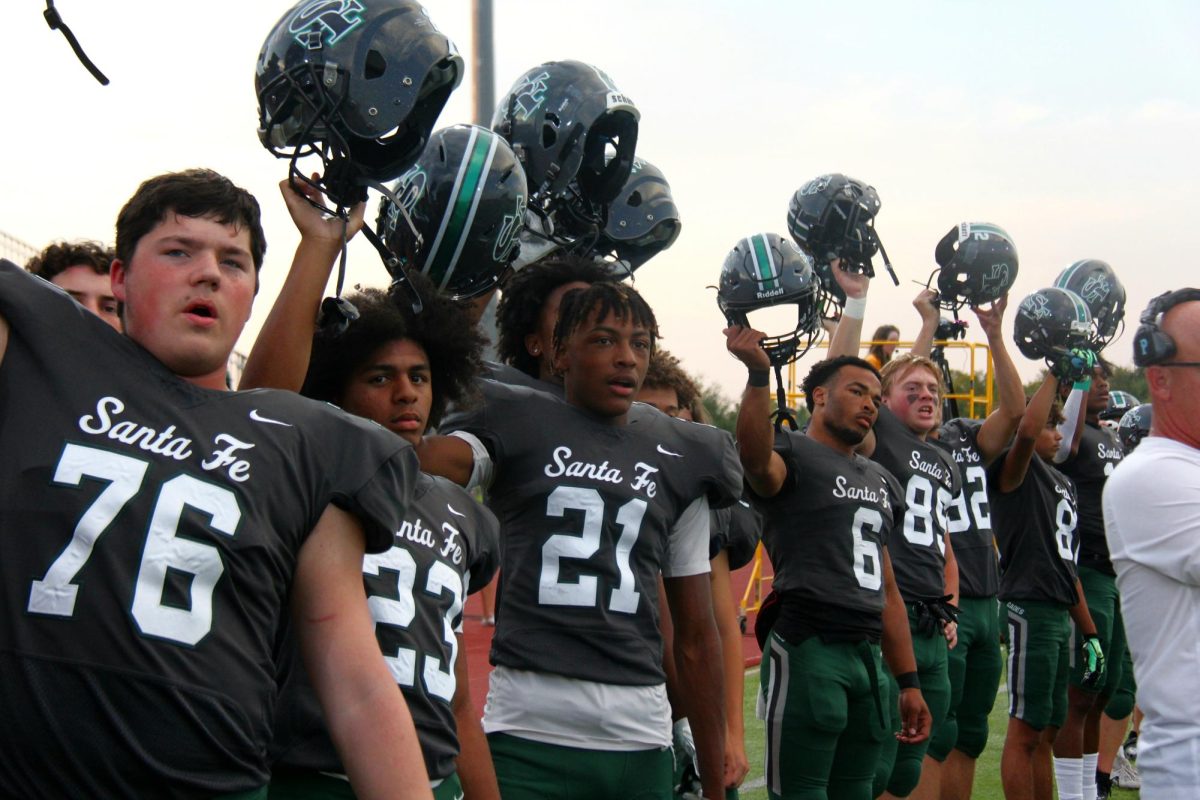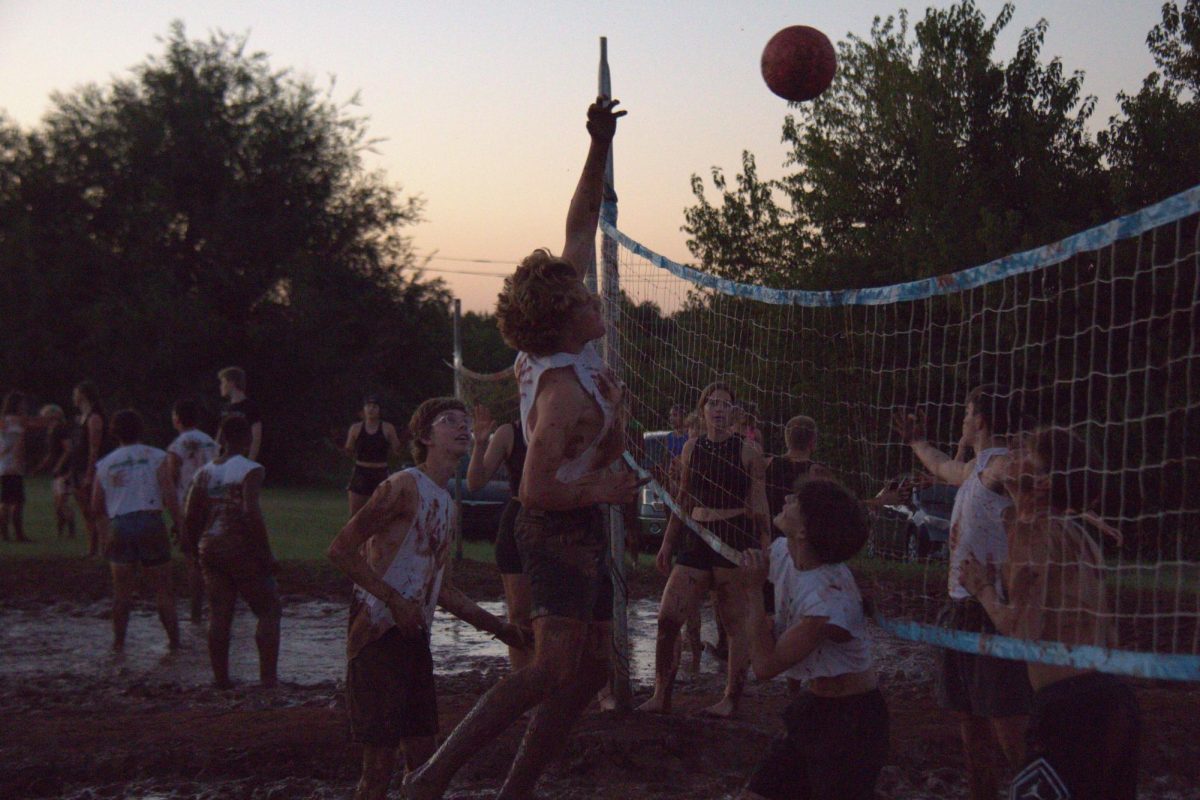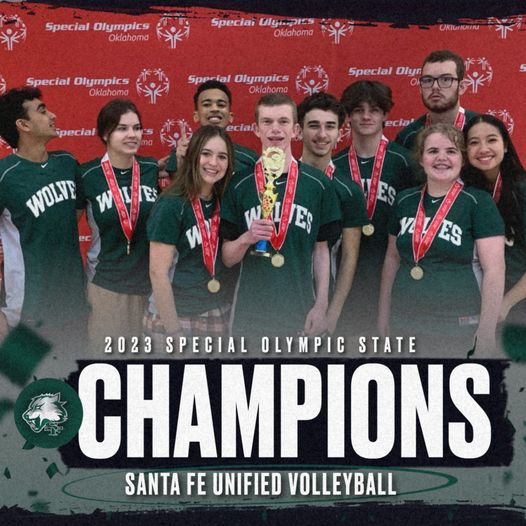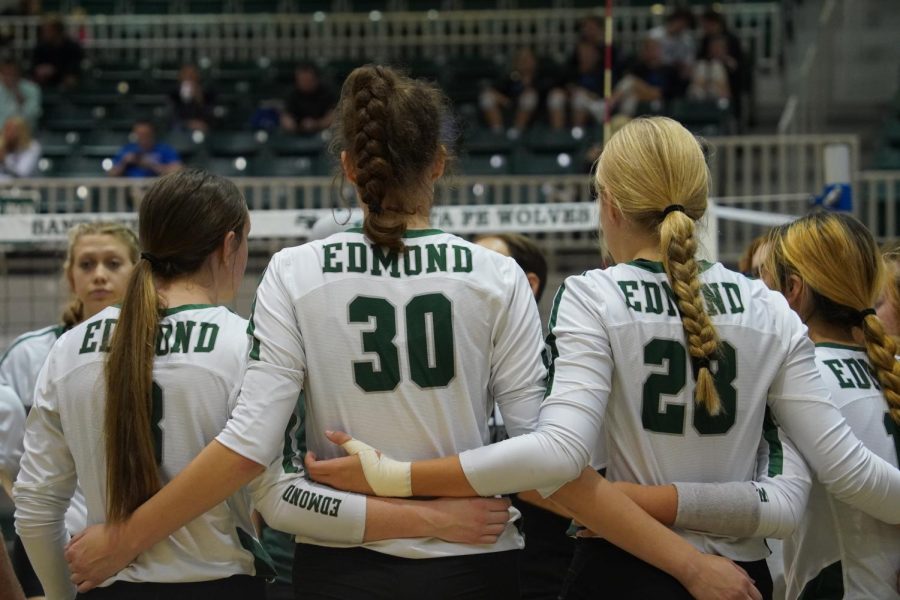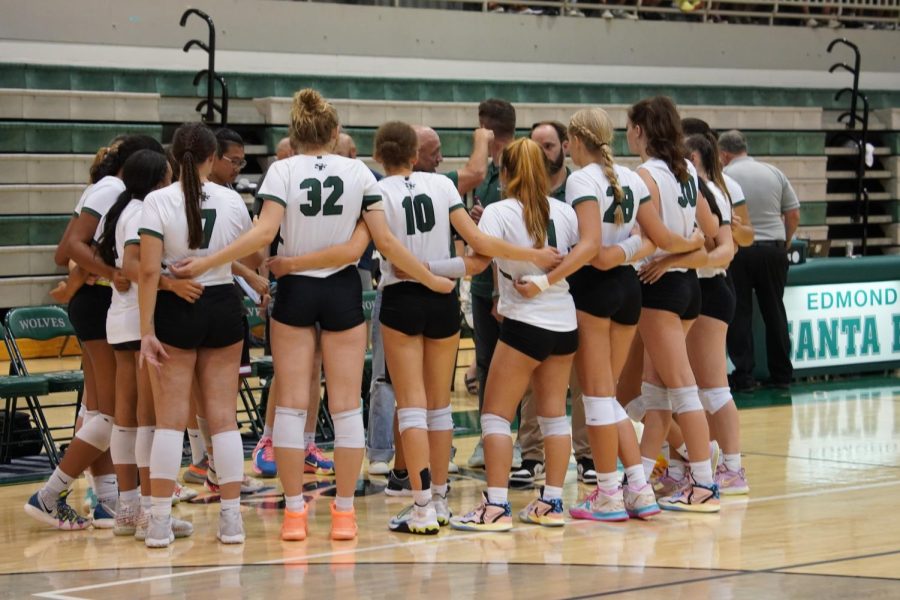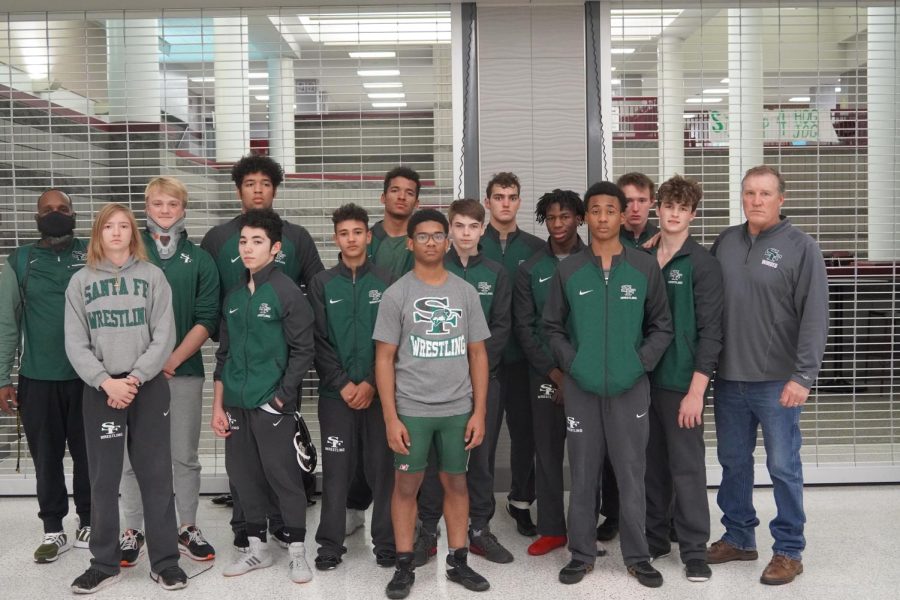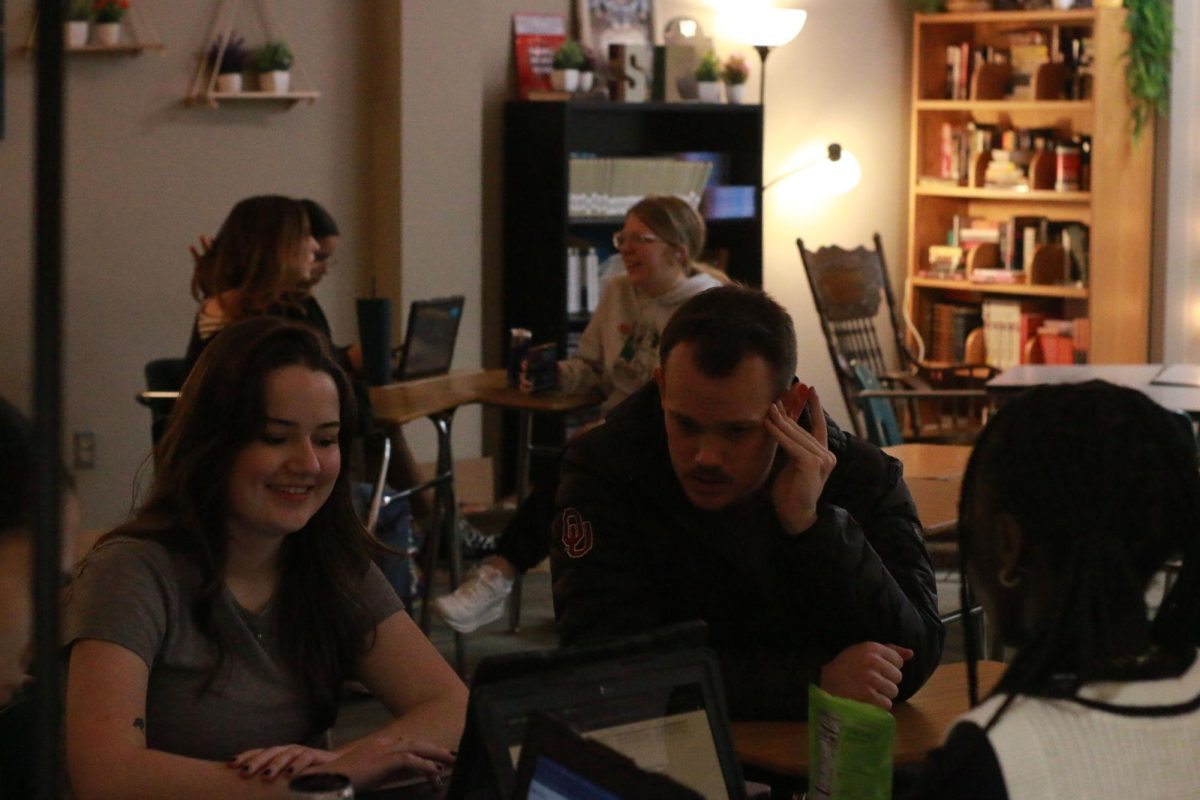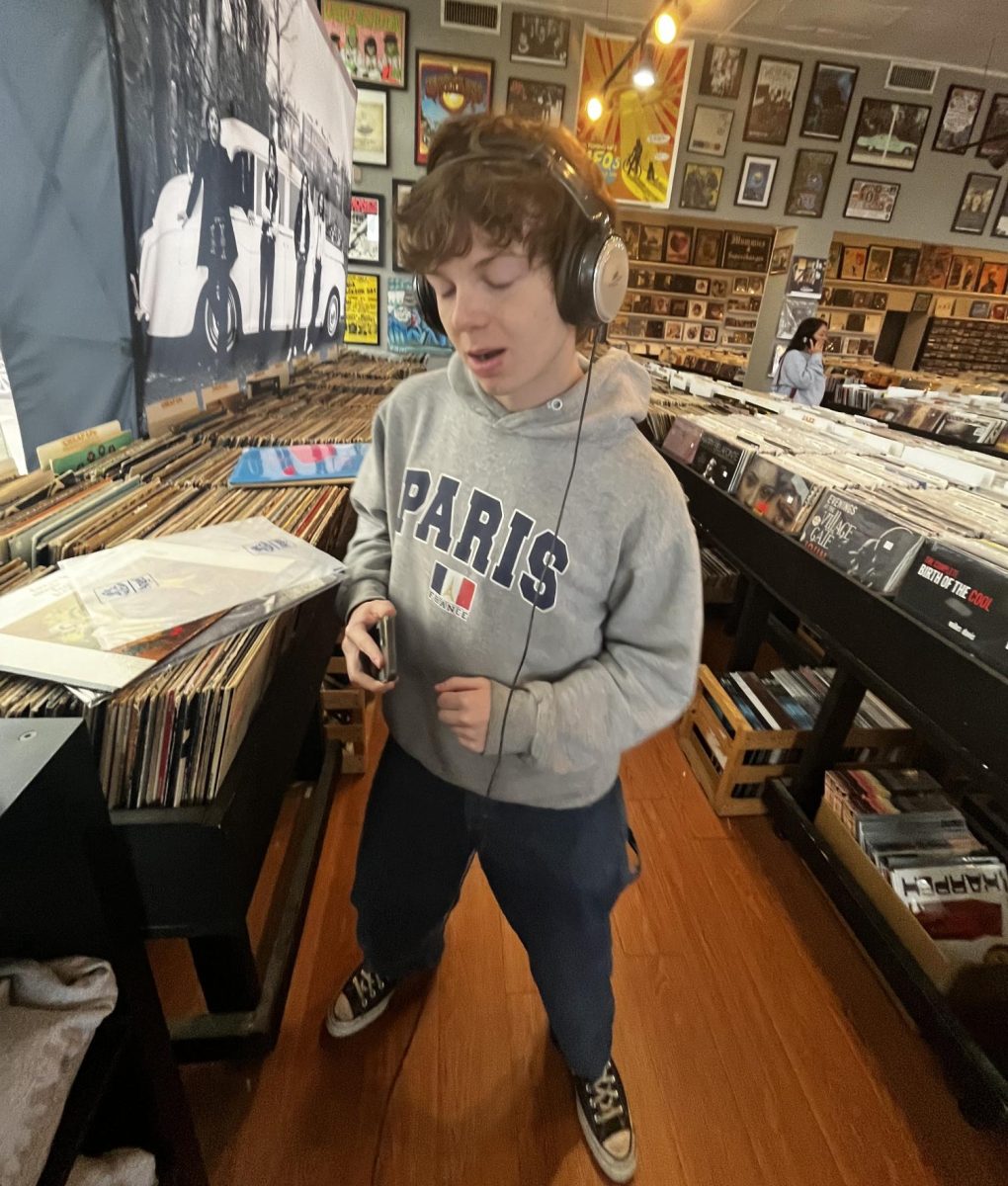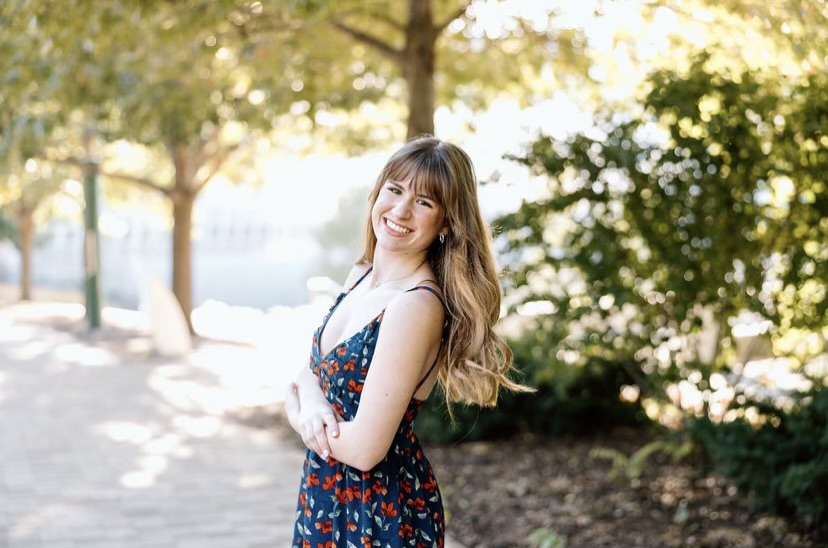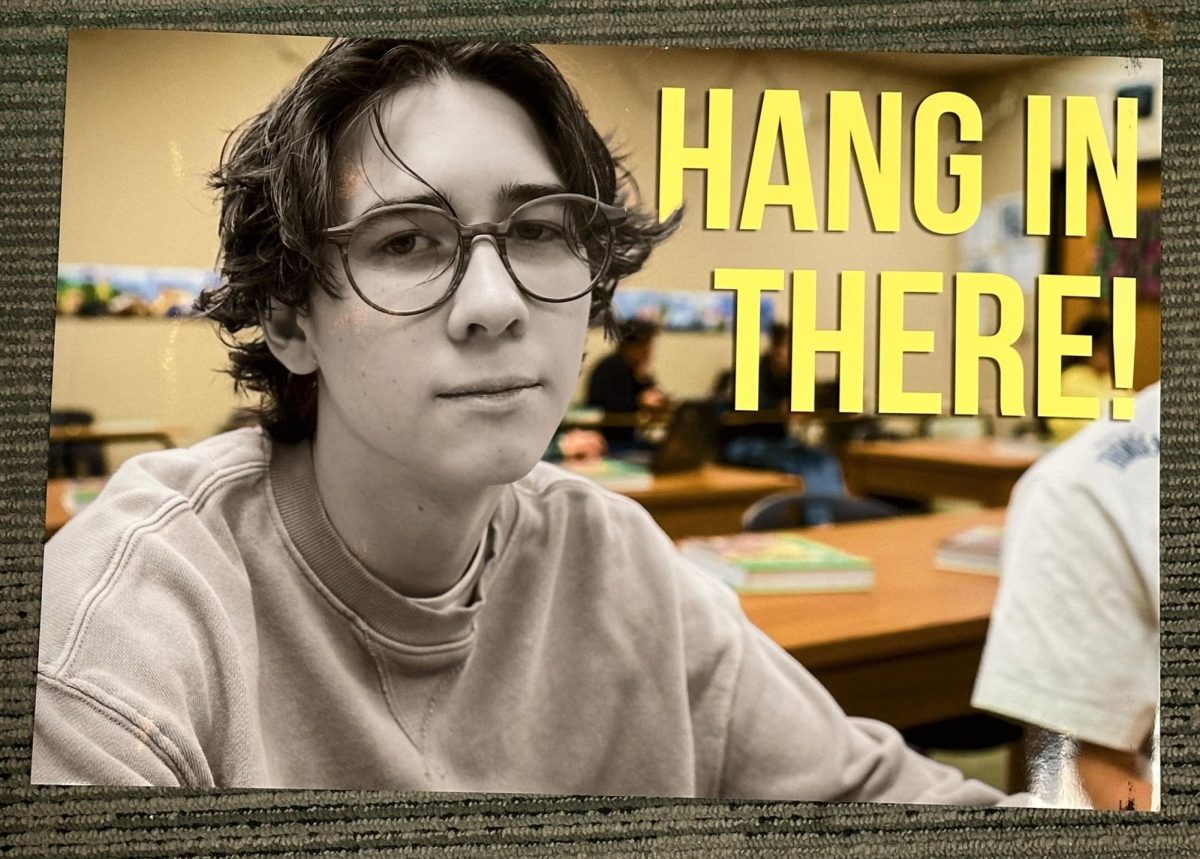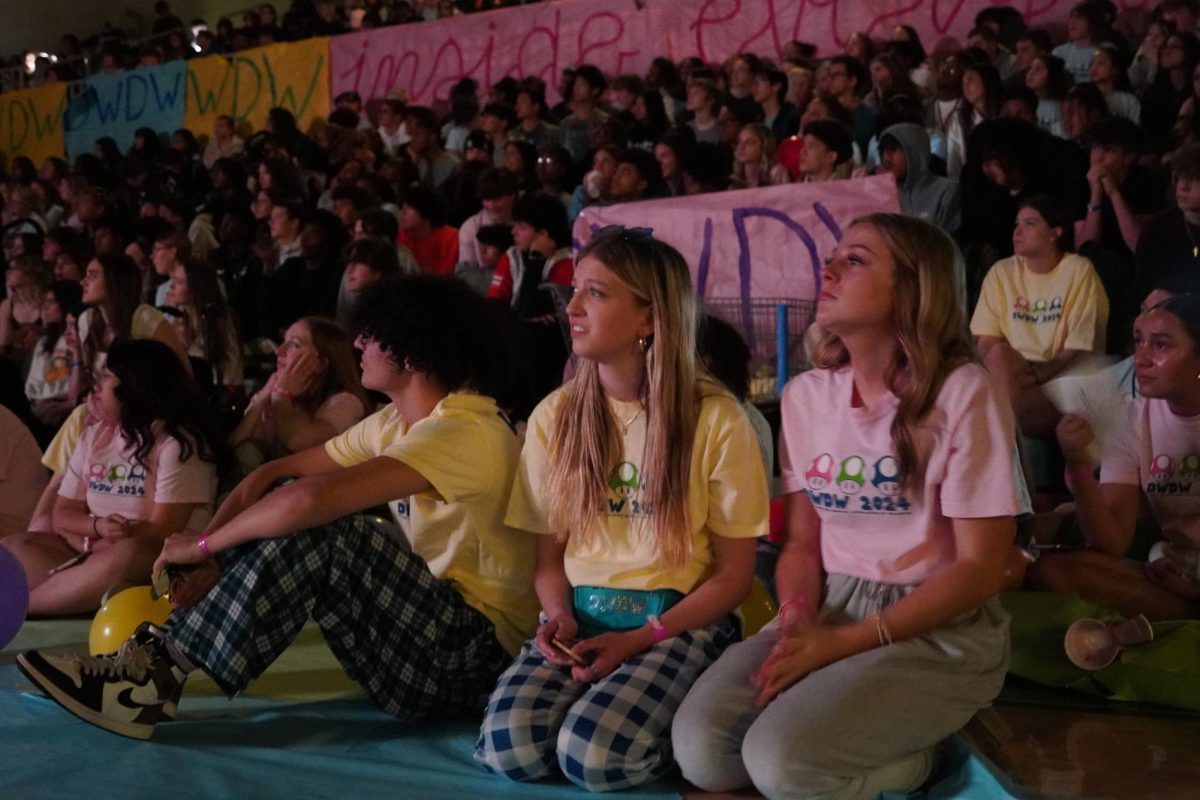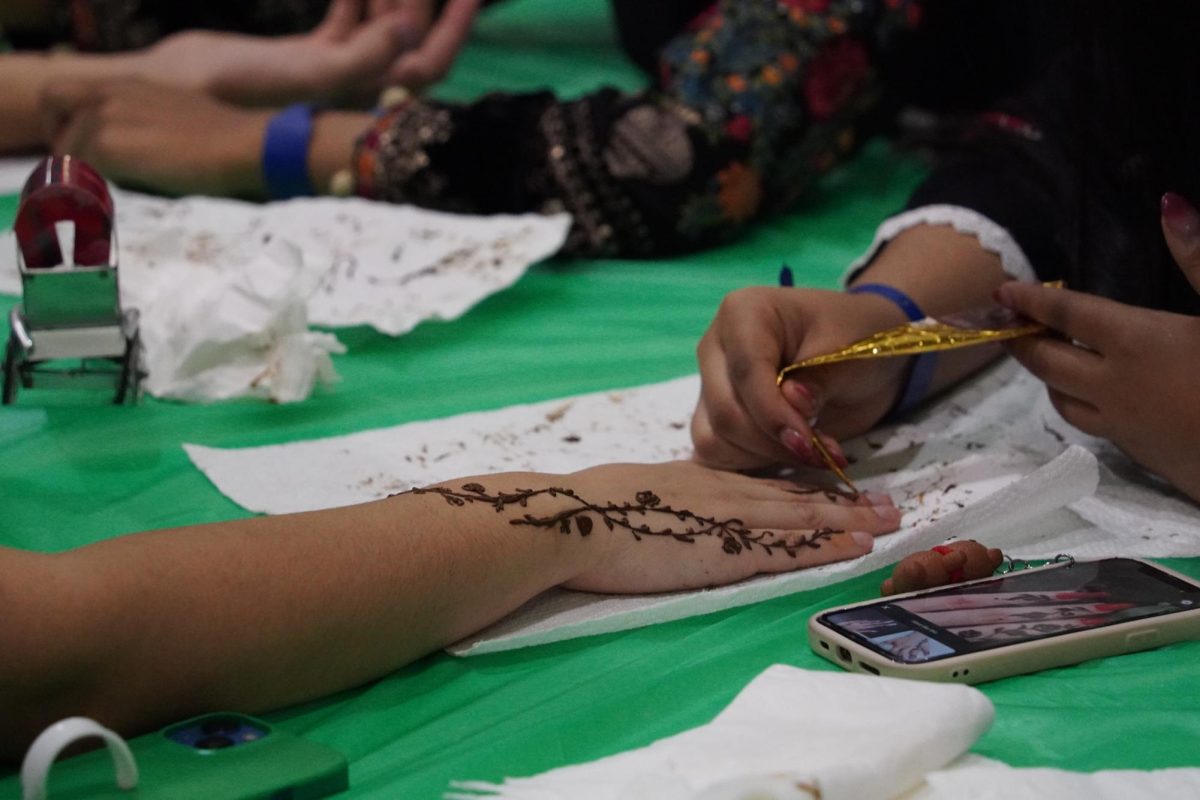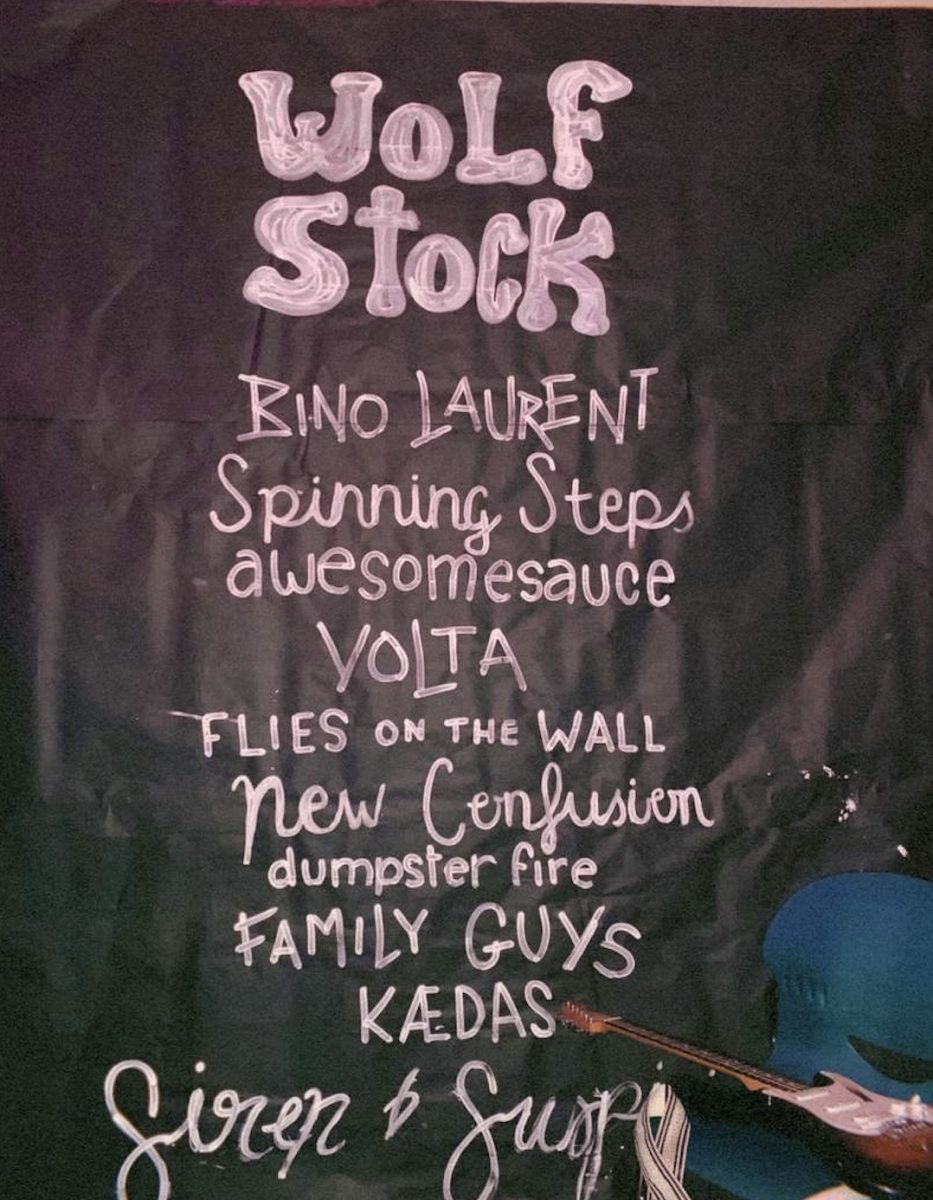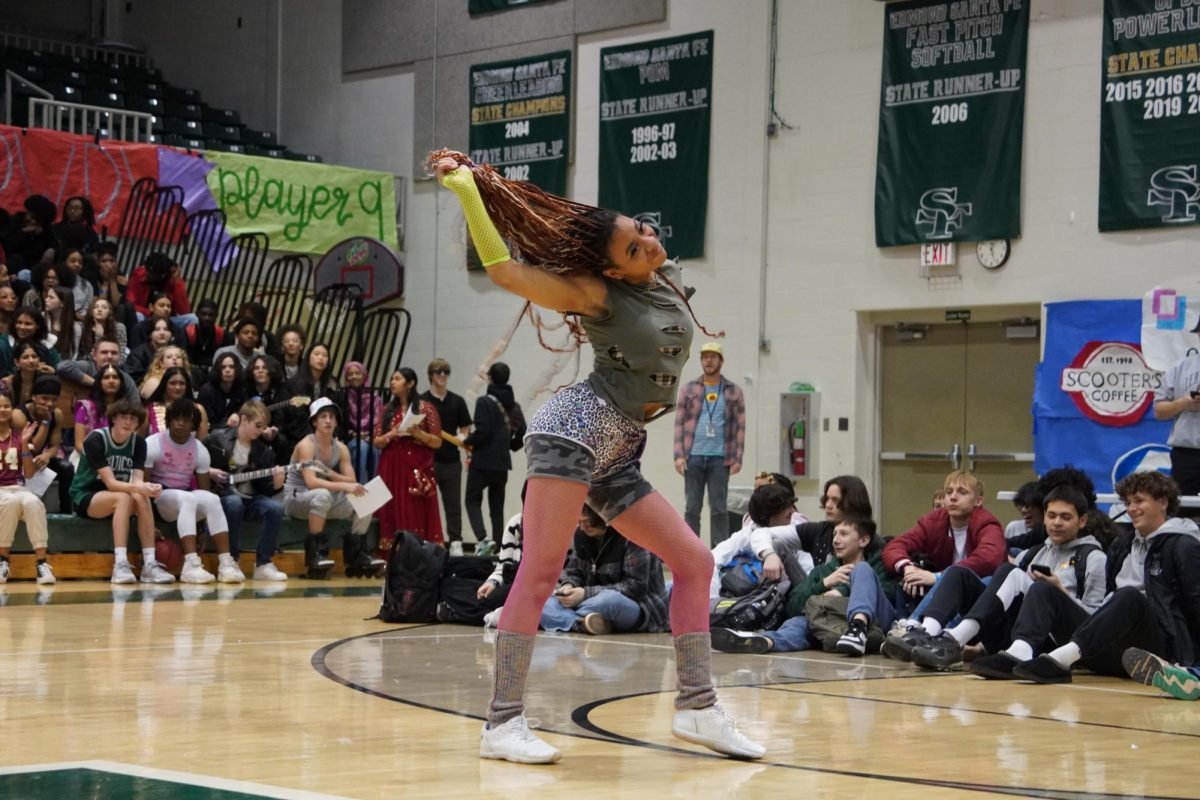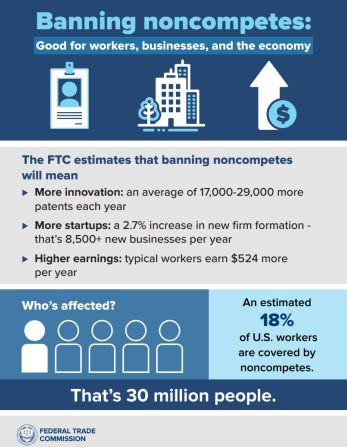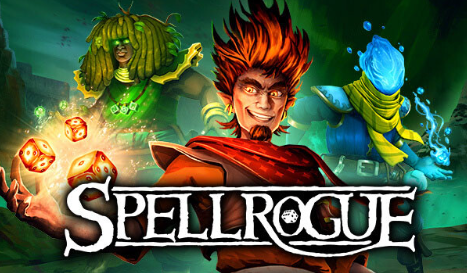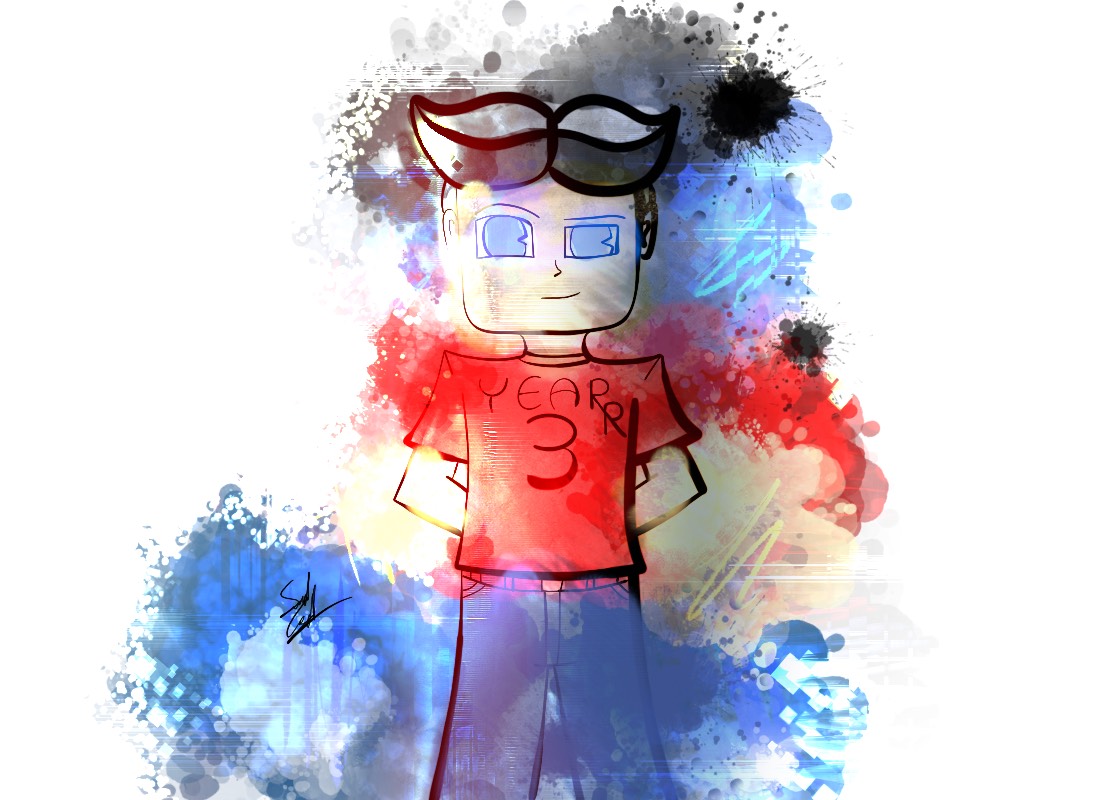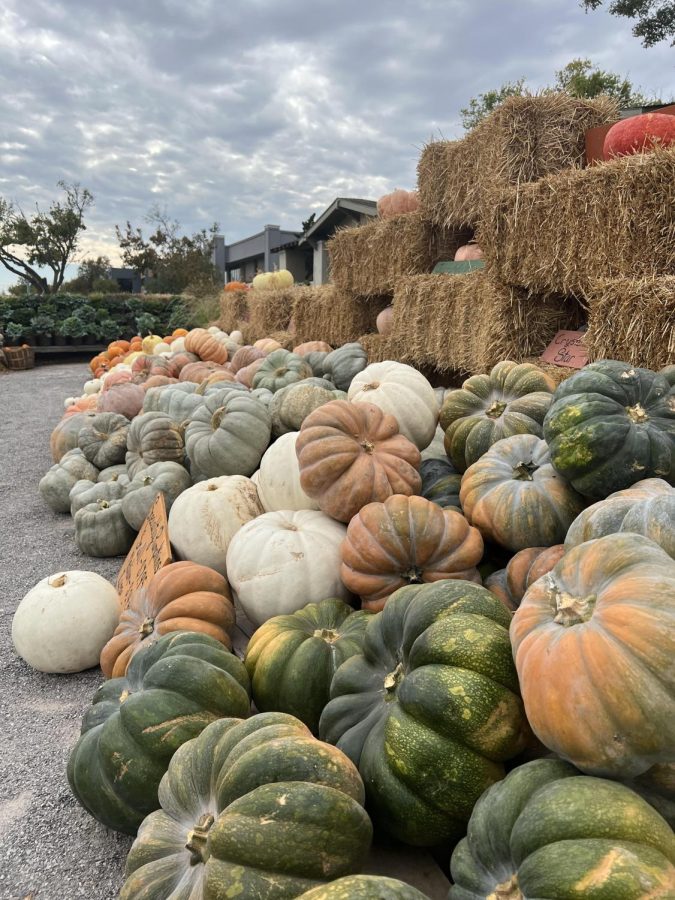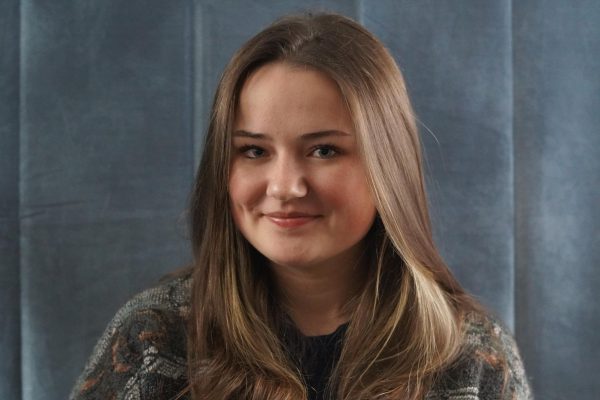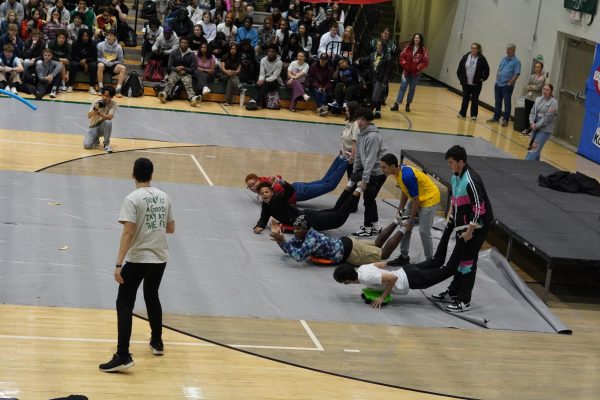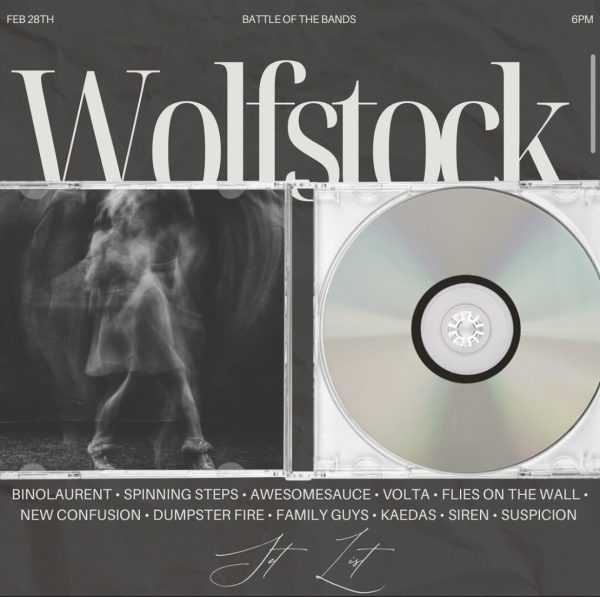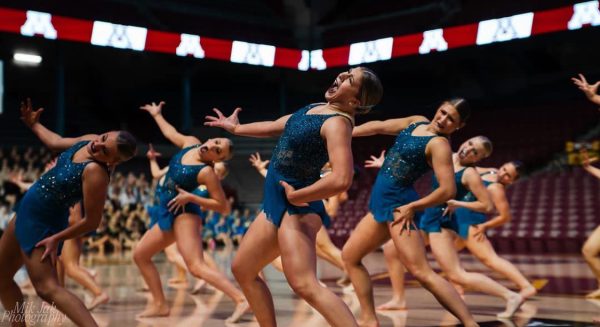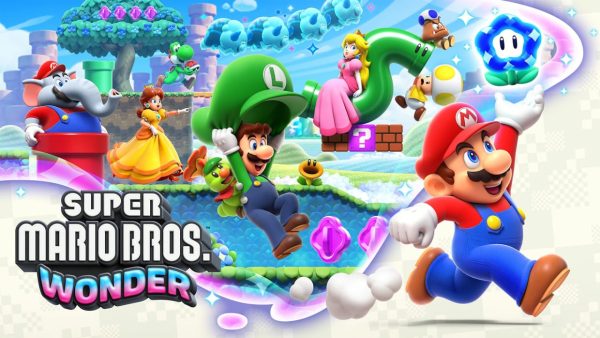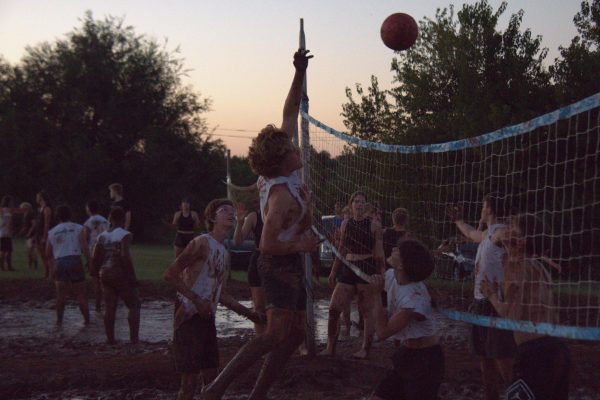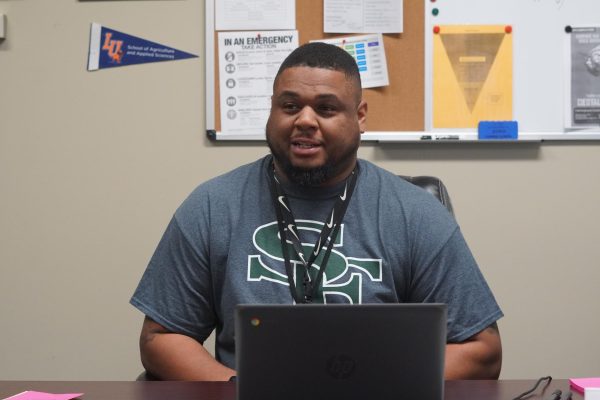A brief history of Halloween
October 24, 2022
From Día de Los Muertos to Samhain, Halloween is a beloved holiday that has been celebrated for centuries by countries across the globe. But behind the witch hats, spooky movies and jack-o’lanterns, the history of Halloween is riddled with about as much mystery and eeriness as the holiday itself.
According to an article by History.com, “Halloween’s origins date back to the ancient Celtic festival of Samhain (pronounced sow-in).”
Originally, Samhain was set a day before the Celtics’ New Year (November 1), which is now nationally known as the Catholic holiday All Saints Day. Samhain was set on this day to commemorate the end of summer and the beginning of fall, and in some cultures, the end of the fall equinox and the beginning of winter.
During Samhain, large sacrificial bonfires were lit and offerings to the Celtic gods were left to burn all night. Myths were shared along with Dumb Suppers (a ritualistic meal used to converse and connect with the dead) and other meals. It was largely believed by the Celtics that if you refused to participate in these events, the Gods would cast horrible illnesses onto you and your family.
Considering the pagan and largely polytheistic past of Halloween, how did it come to colonial protestant concentrated America?
During a religious revival in early America, Christain pastors worked to transform the holiday once known as Samhain, held by the pagans and Celtics, into modern-day Halloween, hosted by Protestant Christians. This transformed a majority of the pagan and ritualistic traditions, into more of a celebration of the Autumnal Equinox and communal gatherings.
However, Halloween, at its core, was still largely disregarded by many American societies, up until the early 1800s when America experienced a vast influx of European immigrants who, in turn, brought along their Halloween traditions. This was largely due to the Irish and their religious/cultural traditions and influence.
By the late 1800s, Halloween had transformed into an almost entirely community-based holiday, tossing out much of the religious and formal significance.
From there Halloween was adapted to several different religions and regions and traditions. Whether it’s trick or treating or terrorizing little children, Halloween has little something for everyone.
